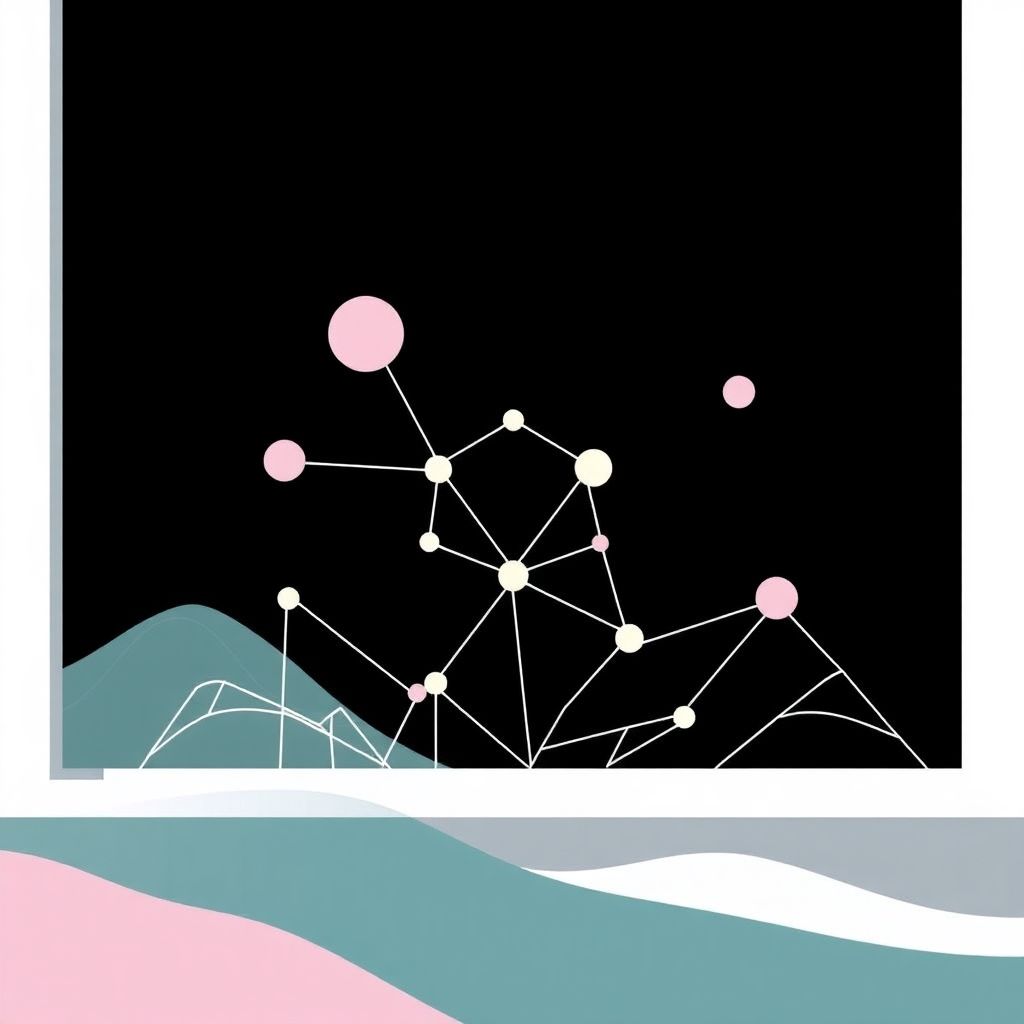DAOs Are Challenging the Corporate Status Quo — And The Law Can’t Keep Up
Decentralized Autonomous Organizations (DAOs) have emerged as a radical alternative to traditional corporate structures. As blockchain technology continues to reshape our financial systems, DAOs are redefining how people coordinate, govern, and own value together. With collective treasuries exceeding $20 billion in liquid assets, DAOs are far from a niche experiment. Yet, despite their growing influence, they remain almost invisible in the eyes of most legal systems.
Unlike conventional corporations, DAOs operate without CEOs, offices, or centralized leadership. Their governance is encoded in smart contracts—self-executing programs on the blockchain—which allow participants to vote, propose ideas, and manage resources collectively. This makes DAOs more transparent and accessible than traditional firms. Anyone with an internet connection can participate, regardless of geography, title, or background.
However, this radical openness also presents a legal conundrum. DAOs don’t fit into the molds that regulators have used for decades to define businesses. They lack legal personhood, which means they can’t enter into contracts, pay taxes, or shield their members from liability. This legal ambiguity not only limits what DAOs can do but also exposes contributors to personal risk without the protections afforded to shareholders in traditional companies.
The core issue lies in the disconnect between code-based governance and the regulatory frameworks designed for hierarchical entities. When no one is formally accountable, the promise of collective ownership turns hollow. In practice, power often consolidates in the hands of those with the most tokens, time, or technical knowledge. This isn’t decentralization; it’s plutocracy in disguise.
Moreover, when participation wanes and decision-making is monopolized, innovation suffers. The illusion of openness can erode trust both within the community and among potential collaborators or investors. For DAOs to realize their potential, they must integrate real accountability mechanisms that preserve decentralization without sacrificing responsibility.
To navigate this gap, many DAOs have adopted legal wrappers—structures like LLCs, foundations, or special DAO registrations in jurisdictions such as Wyoming and the Marshall Islands. These frameworks give DAOs a legal presence, enabling them to operate more like traditional corporations. They can sign contracts, hold assets, and pay service providers, all within a recognized legal scope.
But these wrappers come with trade-offs. They often conflict with the DAO’s on-chain governance, forcing communities to choose between adhering to their decentralized ethos or complying with off-chain legal norms. This tension becomes even more problematic when DAOs span multiple countries, each with its own regulatory demands. The result: a fragmented legal environment that increases compliance costs, slows innovation, and discourages small teams from participating.
Take, for example, Uniswap’s recent “DUNI” proposal, which allocated $16.5 million in UNI tokens for legal expenses and potential tax liabilities. For large DAOs, this may be a manageable burden. For smaller ones, it’s a deal-breaker. Many end up delaying product launches, restricting access to U.S. users, or relocating to more lenient jurisdictions. In short, regulatory uncertainty becomes a bottleneck for progress.
To unlock the full potential of DAOs, we need a legal framework designed specifically for decentralized systems. One promising idea is the creation of a new role: the digital fiduciary. Rather than having a traditional board of directors, each DAO would appoint a code-defined fiduciary—someone legally responsible for ensuring the integrity of governance and operations. This balances the need for decentralization with the demand for accountability.
Another potential innovation is a global DAO passport system: a standardized legal framework recognized across multiple jurisdictions. This would allow DAOs to operate seamlessly across borders while ensuring compliance with a baseline set of regulations. Such a system could dramatically reduce friction, lower legal costs, and create a more level playing field for both large and small DAOs.
In addition, governments and international regulators must collaborate to define what a DAO is and how it should be treated under the law. Without clear definitions, DAOs will remain in a legal gray zone, vulnerable to arbitrary enforcement and inconsistent treatment. The development of international standards—similar to how the internet was governed in its early days—could provide the regulatory clarity needed for DAOs to scale responsibly.
Education is also critical. Regulators, lawmakers, and even legal professionals often lack a deep understanding of how DAOs work. Bridging this knowledge gap is essential for crafting effective legislation. Workshops, pilot programs, and public-private partnerships could help policymakers engage with DAO communities and gain firsthand experience with decentralized governance.
Furthermore, DAOs themselves must evolve. While the emphasis has been on decentralization, it’s equally important to build structures that promote sustainable governance. This includes better voting systems, improved community moderation tools, and mechanisms to prevent dominance by large token holders. DAOs should be designed to encourage long-term engagement and discourage short-term manipulation.
Finally, the ethical dimension can’t be overlooked. As DAOs become more integrated into the global economy, questions about inclusion, fairness, and social responsibility will become more pressing. Just like corporations, DAOs must find ways to balance profit with purpose, ensuring they contribute positively to the ecosystems they operate in.
In conclusion, DAOs have the potential to transform the way we build organizations—making them more open, inclusive, and efficient. But for this potential to be realized, legal systems must evolve in tandem. If lawmakers, developers, and communities collaborate to build a regulatory backbone tailored to the decentralized age, DAOs could become not just a new kind of company, but a new layer of the global economy.

